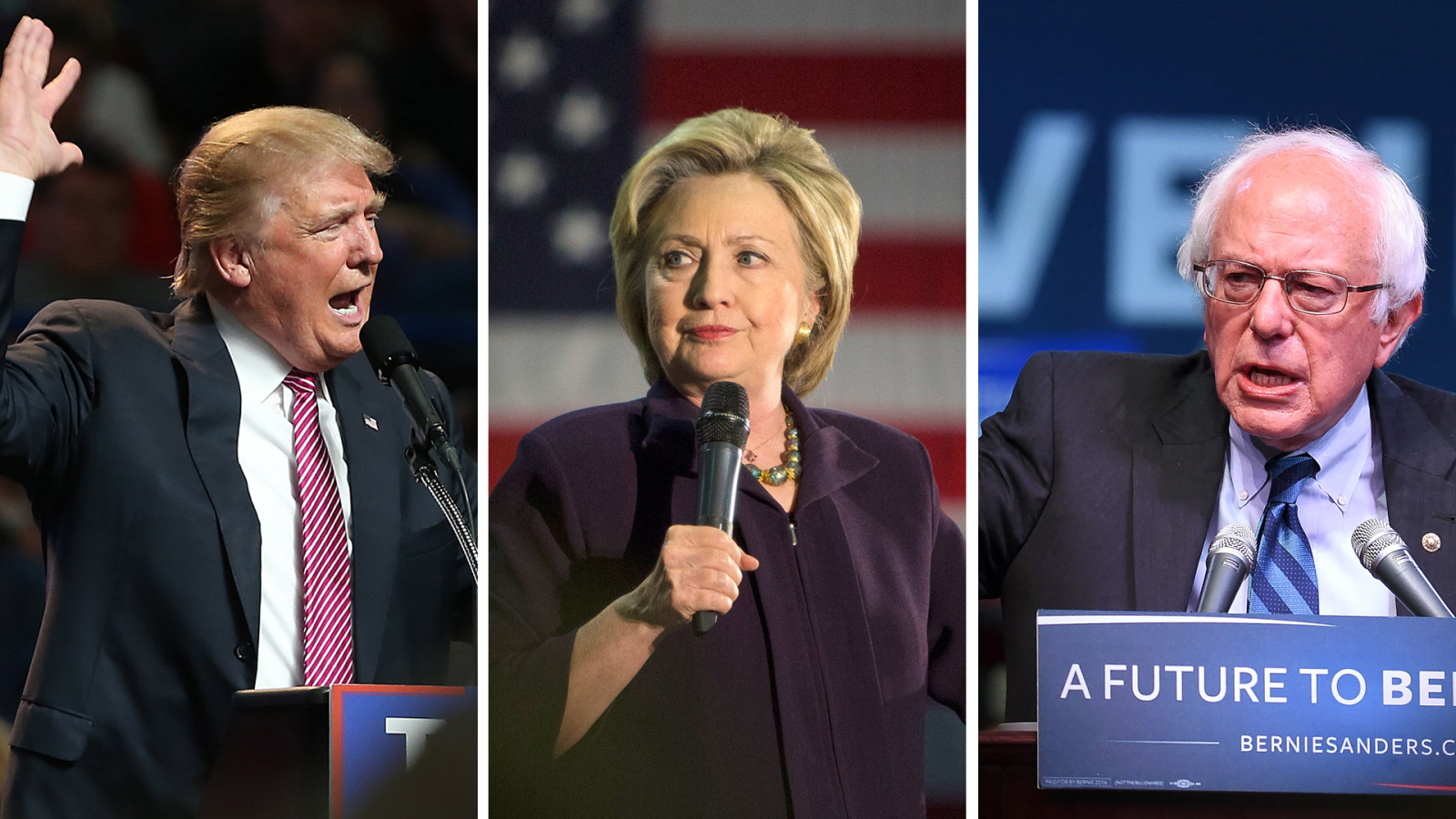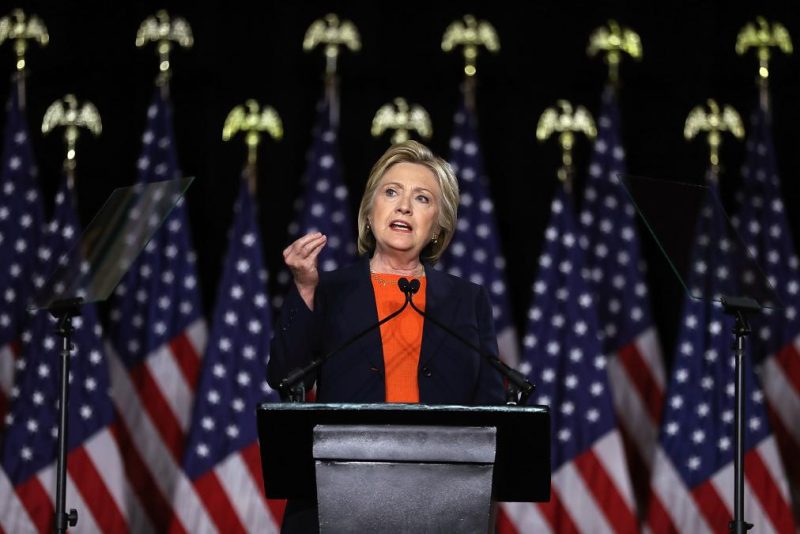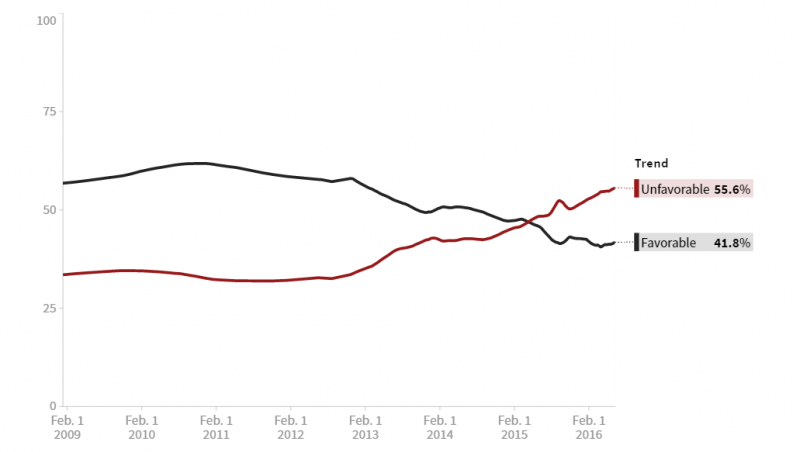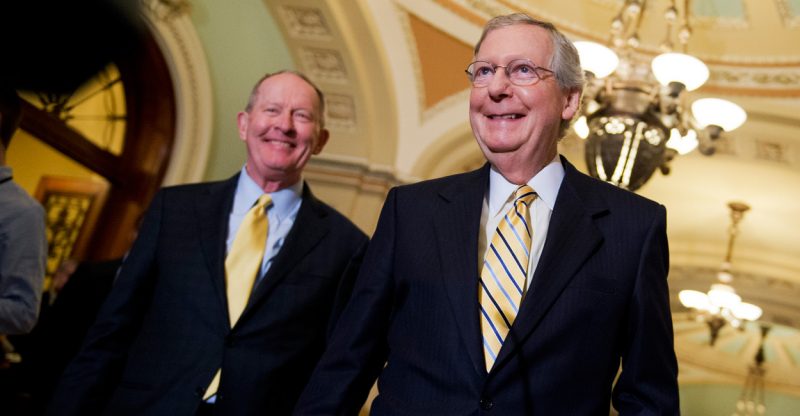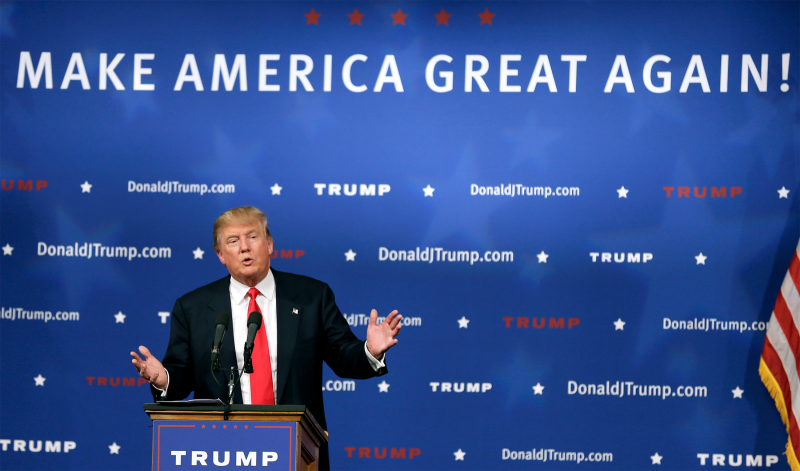Editor’s note: This post has previously appeared on The Social Humanist.
As the Democratic primaries come to an end, a movement has been brewing among Bernie Sanders supporters: Bernie or Bust.
Those who advocate this approach argue that if Hillary Clinton is to win the nomination, voters should either write in Bernie’s name, or vote for a third party candidate like Jill Stein. A minority of them even believe that voters should turn around and support Donald Trump in order to prevent an “establishment” candidate like Hillary from clinching the presidency.
This piece is neither an argument against Bernie Sanders nor in support of Hillary, but rather an evaluation of the Bernie or Bust movement, which has incited heated debate over Clinton’s once inevitable candidacy. Now, however, the growing number of Sanders’ supporters has a choice to make in November, one with huge consequences.
The flaws in Clinton’s candidacy
At its core, the movement finds its roots in the view that high-ranking officials of the Democratic National Committee (DNC), referred to as “the establishment”, have forced the election in November to be between “the lesser of two evils.”
Bernie or Bust supporters believe that they do not owe any loyalty to the Democratic Party, and that they are entitled to vote for whichever candidate represents them best. In other words, #sheepnomore.
They also describe the Democratic Party as having engaged in electoral fraud and voter suppression. In their view, the allegations and evidence suggesting manipulation of the primaries, as seen in states like Arizona and New York, represent proof that party elites are bending the will of the people towards their establishment candidate. While no conclusive investigation has been conducted on this matter, their minds have been made up.
In the Photo: Hillary Clinton speaking in San Diego, CA on the 2nd of June. Photo Credit: Justin Sullivan/Getty Images
As far as Hillary Clinton is concerned, the movement has highlighted many aspects of her candidacy that appear rather visibly flawed in contrast to Bernie Sanders.
First, they point to her corporate fundraising networks worth billions of dollars and underscore possible undesirable effects that lobbyists could have on her future administration and policy decisions. Most notably, this includes campaign contributions from the oil industry, as well as millions of dollars that she personally received for speeches to financial firms like Goldman Sachs, for which she still refuses to release the transcripts. As a result, her campaign has been marred with public distrust in her relationship with Wall Street and raises the question of whether she would be able to regulate the financial industry.
Second, they allocate partial blame to her for the negative consequences of Bill Clinton’s policies in the 90s, including a controversial crime bill which increased incarceration rates in the United States disproportionally for African Americans.
Third, they argue that her foreign policy decisions are as “hawkish” as her Republican counterparts. They point to her vote in support of the Iraq war and her actions as Secretary of State, notably NATO’s intervention in Libya, as evidence for this assertion.
Finally, they claim that the numerous inconsistencies and policy changes throughout her political career – ranging from the Trans-Pacific Partnership to the minimum wage – show that she is willing to “flip-flop” in order to pander to the electorate and gain more votes. This suggests that she may not always keep her promises, especially in regard to progressive policy commitments that she made in response to the threat of Bernie’s campaign.
A matter of principle
To many Bernie supporters, Clinton is the epitome of the political elite, a candidate who is overly friendly with corporate lobbyists and inevitably influenced by multinational companies and rich individuals.
They see a United States that is controlled by big money interests, and a middle class that has been shrinking as a result of it. To them, Hillary Clinton is the representative of an America that they want to avoid, rather than a “Future to Believe in.”
 In this Photo: Bernie Sanders addresses a crowd. Photo Credit: Matthew Gore
In this Photo: Bernie Sanders addresses a crowd. Photo Credit: Matthew Gore
One of the movement’s key objectives is to bring the Democratic Party back to what they view as its rightful place in the political spectrum, the centre-left. They argue that the party has moved towards the right in the last few decades, and thus the people do not have a truly progressive party to represent them.
Hillary Clinton is undoubtedly centre-right in the eyes of Europeans, but now it seems she may even be too centrist for many Bernie supporters. The argument follows that if Hillary wins the presidency, the country will continue to see the Democratic Party shift even further to the right, whereas a Bernie presidency would have a long-lasting progressive influence.
The Bernie or Bust movement doubles down on this idea, arguing that a Trump presidency would be so disastrous that from its ashes and through the movement that is growing at the moment, a genuine progressive party would emerge – a prospect they consider unlikely if Hillary won the election.
The Bernie campaign’s effect
It is important to note at this point that Bernie’s campaign has had a significant effect on public opinion, especially among his supporters.
During her tenure as Secretary of State between 2009 and 2013, Hillary Clinton’s favorability varied between 56% to 62%. It currently holds at 41%. Since Clinton has been in politics for more than 35 years, she is on record about most of her ideas and voters have had plenty of time to research her positions and character (having also run for the Democratic nomination in 2008).
Her decline in popularity can be seen as a result of both the Republican apparatus having demonised her in the wake of both legitimate and cooked up scandals like her FBI email investigation and the Benghazi attacks in 2012, as well as Senator Sanders’ campaign narrative.
In this Photo: A Diagram showing Hillary Clinton’s approval ratings. Photo Credit: HuffPost Polster
Bernie’s message offers a binary version of politics in the United States, an “us vs. them” paradigm, which allows him to point out the evils of American politics without being considered complicit. This is further aided by his undoubtedly honest character and steadfast expression of his opinions. His campaign against what he considers elites who control politicians, and a government that serves the wealthy, has turned Democratic voters against Hillary Clinton. To them, she represents all of these evils and more.
By no means is there a lack of arguments against Hillary Clinton. Nonetheless, during political campaigns – especially ones with such a strong narrative and polarised voter base – clear and factual arguments are often crowded out. One might wonder what Hillary’s likeability would have been if Sanders had fixated less on her Wall Street speeches (which he was initially reluctant to bring up) and more on her policy flip-flops.
Related article: “CHECKS AND BALANCES AND IMMIGRATION”
If not pro-Hillary, then anti-Republican
The Bernie or Bust movement has rightfully shined the light on some of Clinton’s disagreeable aspects. However, if Bernie’s supporters are revolting against a plutocracy as they say, then they should not stay at home in November.
If the United States is a plutocracy, it is quite clear whose fault that is. It is not the mere consequence of an elite class plotting to screw over the middle class. It is a direct result of misguided economic policies and regressive social ideology adopted by conservative administrations, at both the state and national level.
Bernie points out that the level of inequality is extremely high. It was Reagan’s administration that gave immense and disproportionate tax cuts for the rich in the 80s and set inequality on an upward trajectory. It is also Kansas’s Republican governor who did the same in 2014, even though trickle-down economics had already been disproved many years ago. It is Republicans that have cut social programs to help the poor such as Medicare and food stamps.
 In this Photo: Majority Leader of the Senate, Republican Senator Mitch McConnell (right). Photo Credit: Tom Williams
In this Photo: Majority Leader of the Senate, Republican Senator Mitch McConnell (right). Photo Credit: Tom Williams
He argues that Wall Street’s reckless behaviour was the cause of the financial crisis. It is still part of the Republican Party’s platform today that deregulation of financial markets is beneficial for the economy.
He talks about campaign finance regulations and the corrupting influence of money on politics. It is Republicans who want to appoint a Supreme Court judge like Antonin Scalia, who himself voted in favour of “Citizens United vs. FEC,” resulting in the complete removal of limits on political donations.
He argues for universal healthcare and points to the power of insurance companies over government. Republicans not only oppose universal healthcare, but they want to actively repeal the arguably modest scheme that is Obamacare.
He opposes the United States military apparatus and reckless spending. Republicans want to increase military spending and advocate for its frequent use in international operations.
He wants to give a path to citizenship to all illegal immigrants in the country. Republicans want to deport them.
As a campaign message, it may be easier to portray the state of affairs in U.S. politics as the consequence of a greedy elite of officials and corporations, but it must also be understood as the consequence of several decades of flawed policies.
Bernie or Bust voters may rightly believe that Hillary Clinton has too many flaws to gain their vote. Yet, if they really do want to end corruption and elitism in U.S. politics, a Republican – especially one who changes his superficial policy positions by the day – should be the last person they want to see in office.
For a full mindmap containing additional related articles and photos, visit #BernieOrBust
Democratic platform or Trump presidency?
The Bernie or Bust movement is thus presented with two options: vote for Hillary and attempt to influence the Democratic Party’s platform, or vote against her and endure four years of Trump presidency for the opportunity to fight again in 2020.
Not voting for Hillary in November would inevitably result in a Trump presidency. However, the movement argues that Trump has proven himself to be as ineffective as he is inconsistent. The chaos that exists within the Republican Party, together with expected wins by Democrats in mid-term elections, could be enough to make a Trump presidency powerless and thus with little negative consequence. Then, after four years, the progressive movement would be able to take over the 2020 election and cement a permanent foundation.
The problem with this option is that Trump has aligned himself with very conservative officials, and he is running as the Republican nominee. So even if he himself is not as regressive in real life as his colleagues, the institutions that will carry him to the presidency and help him run the country definitely are, and they will want to see their policies turn into reality.
 In this Photo: Donald Trump addressing the press. Photo Credit: Charlie Neibergall
In this Photo: Donald Trump addressing the press. Photo Credit: Charlie Neibergall
The other option is to influence the Democratic Party platform and push Hillary towards the centre-left. Sanders has already been given some influence over policy at the Democratic convention in Philadelphia this July, and there is growing pressure on Clinton to pick progressive hero Senator Elisabeth Warren, an outspoken leader aligned more with the Sanders movement, as her candidate for Vice-President.
Bernie’s voters would rejoice at the idea of influencing the Democratic candidate, her future administration, and the party platform to introduce their ideas of economic, social, and environmental justice. However, the problem with this option is that the Democratic establishment might not be willing to change itself so easily in order to accommodate Bernie Sanders’ concerns.
If Bernie or Bust voters find themselves unable to trust the Democratic Party to fulfil their progressive objectives, their decision becomes rather complicated.
The November trade-off
There is no doubt that Bernie voters have raised legitimate issues about Hillary Clinton, but come November, he will most likely endorse her candidacy against Donald Trump in the general election.
Some of his supporters must now decide whether they will vote against their conscience and try to influence the party platform, or go through a Trump presidency in the hope of a better Democratic Party in the next election.
In conclusion, Bernie or Bust supporters have achieved something important. They, along with other Sanders’ supporters, have made what was going to be a coronation, a lively and essential debate about the modern Democratic Party. With the primary over, and the voters’ decision made, they must ask themselves the following questions: Is the cost of a Clinton presidency really higher than that of a Republican one? How likely is it that a genuine progressive movement will emerge from Trump’s possibly failed presidency? And can Bernie Sanders’ followers influence the party the way they want to? Depending on how they answer these questions, the progressive movement in the United States will radically change over the next few years.
Recommended reading: “BERNIE SANDERS WELCOMES HILLARY CLINTON’S NEW COLLEGE PLAN“
_ _


